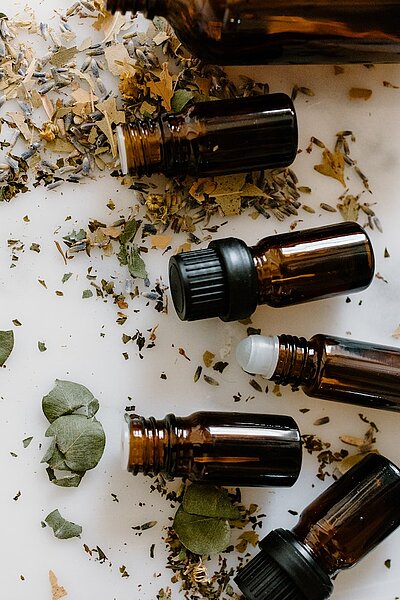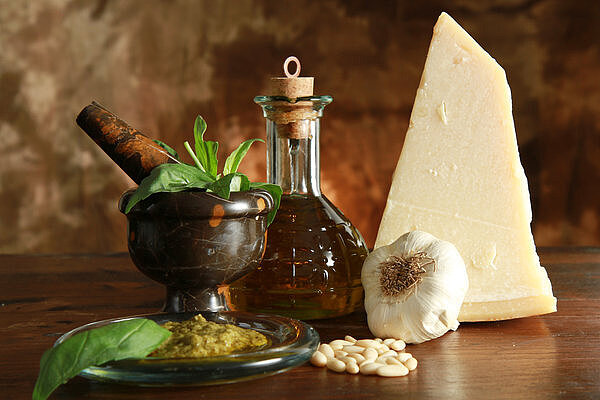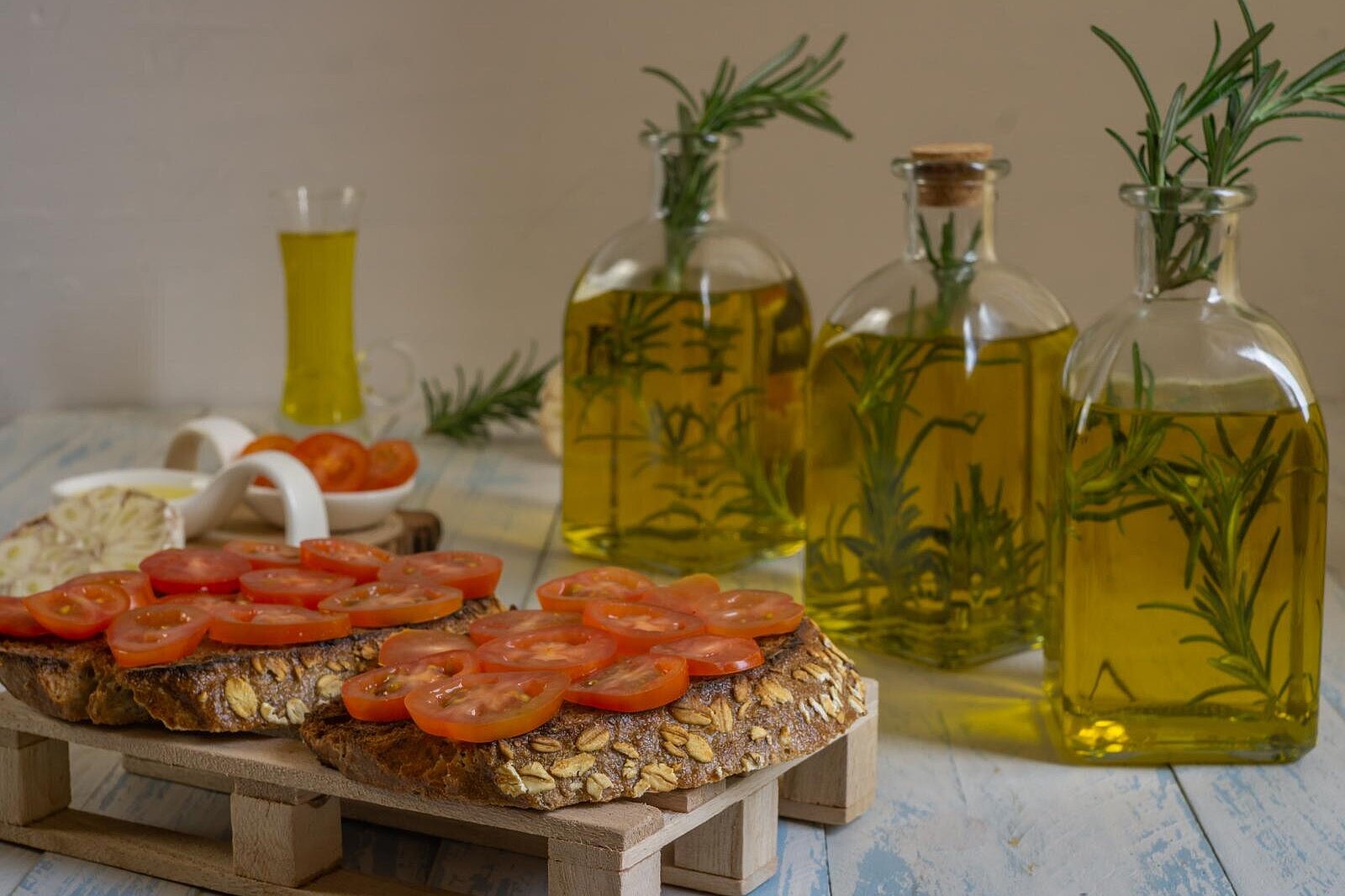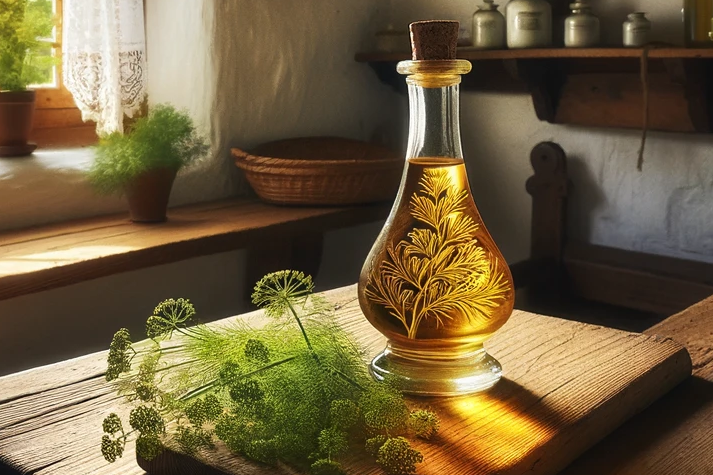Herbal oils

You may have heard of herbal oils and are wondering whether they are also suitable for your four-legged friend. In this article, you will find out what herbal oils are, what their advantages and disadvantages are and how to use them correctly.
What are herbal oils?
Herbal oils are vegetable oils that are enriched with fresh or dried herbs. The essential oils of the herbs are transferred into the vegetable oil, giving it an intense aroma and flavor. Herbal oils can be made from various vegetable oils such as olive oil, sunflower oil or coconut oil. The choice of herbs depends on the desired purpose and flavor. Popular herbs for dogs include camomile, lavender, rosemary and thyme.
What are the benefits of herbal oils for dogs?
Herbal oils can be used in various ways for dogs. Firstly, they can be used as a dietary supplement by adding them to the dog's food or drinking water. This can aid digestion, strengthen the immune system or improve skin and coat health. They can also be used as a care product by applying them to the skin or coat or massaging them in. In this way, they can soothe skin irritations, ward off parasites or heal wounds.
What are the disadvantages of herbal oils for dogs?
Herbal oils are not suitable for every dog. Some dogs may be allergic to certain herbs or plant oils or develop an intolerance. Therefore, you should always be careful and observe your dog when you give him a new herbal oil for the first time. You should also always stick to the recommended dosage and not use too much herbal oil. Too much herbal oil can lead to diarrhea, vomiting or liver damage.
How do you use herbal oils correctly?
If you want to give your dog herbal oils, you should always adhere to the following rules:
- Choose a high-quality vegetable oil from organic farming.
- Choose fresh or dried herbs from organic farming or from your own garden.
- Sterilize a clean glass jar and fill it with the vegetable oil.
- Chop the herbs and place them in the glass jar.
- Close the glass jar tightly and place it in a warm and dark place.
- Shake the glass jar vigorously every day.
- Leave the herb oil to infuse for at least two weeks.
- Filter the herb oil through a fine sieve or coffee filter.
- Pour the herbal oil into a dark bottle and label it with the date and contents.
- Store the herbal oil in a cool, dry place.
If you want to give your dog the herbal oil as a dietary supplement, you can mix a few drops to a teaspoon a day into their food or drinking water, depending on their size and weight. If you want to give your dog the herbal oil as a care product, you can apply a few drops to the affected area or massage them in as required.
Herbal oils can be a natural and effective way to support your dog. They can help him stay healthy and happy.
If you notice any signs of hypersensitivity or poisoning in your dog, you should see your vet immediately. We are not a substitute for a vet, but we try to be as accurate as possible. Every dog reacts differently and we recommend you get a second opinion or consult your vet if in doubt.
Stay healthy and take good care of your four-legged friend!😊
Similar to Herbal oils
Basil oil is an essential oil extracted from the leaves and flowers of the basil plant. It has an intense fragrance and flavor and is often used in aromatherapy or as an additive to food. Basil oil...
Thyme oil is an essential oil obtained by steam distillation from the leaves and flowers of the thyme plant (Thymus vulgaris). It is known for its strong, spicy scent as well as its antimicrobial...
Rosemary oil is a concentrated plant extract that is produced from rosemary leaves and flowers by steam distillation or cold pressing. The oil has a fresh, spicy and slightly woody scent. It...
Fennel oil is obtained by steam distillation of the seeds of fennel (Foeniculum vulgare). It is known for its sweet, earthy and aniseed-like scent. Fennel itself is a plant that has been valued for...



